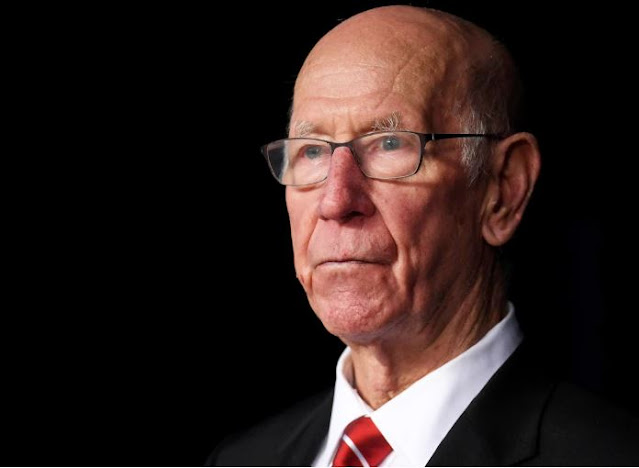Exploring the Link Between Exercise, Sleep Quality, and Cognitive Health in Older Adults
Exploring the Link Between Exercise, Sleep Quality, and Cognitive Health in Older Adults
Physical inactivity poses a risk factor for dementia, while regular physical activity is associated with better cognitive function. Yet, the connection between structured exercise and cognitive function remains uncertain. Recent research published in the International Journal of Geriatric Psychiatry delves into this relationship, suggesting a potential influence of baseline sleep quality on the effects of exercise on cognition.
Dementia is a global concern, particularly with an aging population, emphasizing the need to identify modifiable risk factors for cognitive decline. Physical inactivity has emerged as a significant risk factor, prompting extensive investigation. While observational studies consistently link physical activity to improved cognitive function, clinical trials assessing exercise interventions' effects on cognition yield mixed outcomes.
Sleep quality might contribute to these inconsistent findings. Sleep plays a pivotal role in cognitive function, and its inadequacy correlates with cognitive decline. Observational evidence hints at sleep potentially moderating the relationship between physical activity and cognitive function, yet randomized clinical trials scarcely explore this aspect.
Kelsey R. Sewell, a postdoctoral research fellow at Murdoch University, sheds light on this interaction. "Exercise behaviors and sleep quality are intertwined," Sewell notes. "We aimed to examine how these factors intersect in influencing memory and cognitive skills among healthy older adults."
The study, part of the Intense Physical Activity and Cognition (IPAC) research, involved 99 cognitively unimpaired older adults aged 60 to 80. Participants engaged in high- or moderate-intensity supervised exercise sessions using a cycle ergometer for six months, with a control group abstaining from exercise.
Baseline sleep data was collected, evaluating subjective sleep quality through the Pittsburgh Sleep Quality Index (PSQI). Cognitive assessments measured various domains pre- and post-intervention.
Results highlighted the potential impact of exercise on cognition concerning sleep quality. The moderate-intensity exercise group displayed significant improvements in episodic memory and global cognition, particularly among individuals with poorer sleep efficiency (<75%) at baseline. However, those with better sleep efficiency did not exhibit similar cognitive enhancements, suggesting exercise's potential compensation for poor sleep's adverse effects on memory.
Surprisingly, the exercise interventions did not significantly alter sleep parameters (duration, efficiency, or onset latency) compared to the control group. Contrary to previous findings suggesting exercise could enhance sleep quality, this study yielded no notable changes, possibly due to the participants' baseline sleep metrics falling within the normal range.
Despite valuable insights, the study faces limitations, primarily the use of self-reported sleep measures and a relatively homogeneous participant group. Future research should explore diverse populations and objective sleep measurements, and evaluate exercise's long-term cognitive effects.
Understanding the intricate dynamics between exercise, sleep, and cognition is pivotal in devising effective interventions to delay cognitive decline. Further investigations are necessary to elucidate these connections and design comprehensive lifestyle strategies for maximizing cognitive benefits in older adults.
The study, "The influence of baseline sleep on exercise-induced cognitive change in cognitively unimpaired older adults: A randomised clinical trial," was conducted by Kelsey R. Sewell, Stephanie R. Rainey-Smith, Jeremiah Peiffer, Hamid R. Sohrabi, James Doecke, Natalie J. Frost, Shaun J. Markovic, Kirk Erickson, and Belinda M. Brown.






